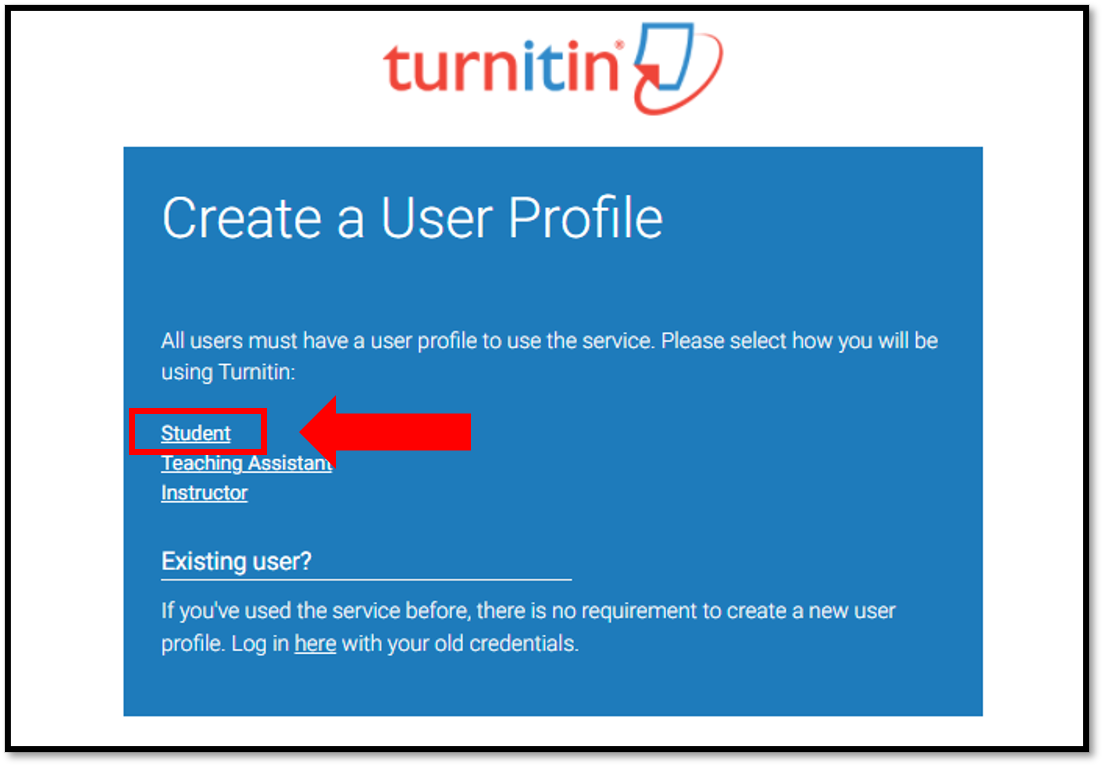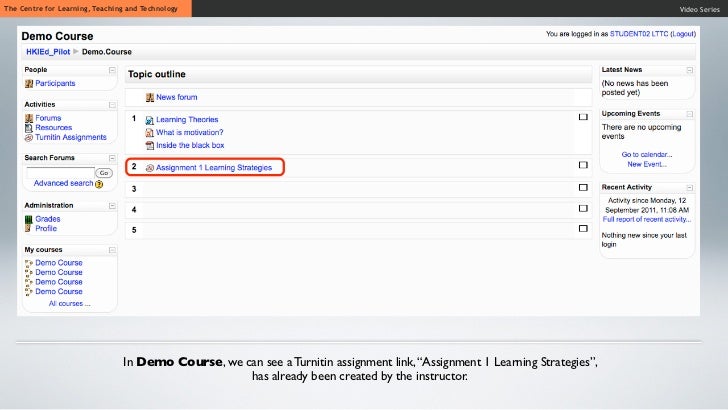


But it’s not the largest: Ellucian, a higher-ed software provider, was acquired for an estimated $3.5 billion in 2015. It’s one of the biggest sales in the industry in this decade, surpassing LinkedIn’s $1.5 billion purchase of Lynda in 2015. In 2018 it acquired a competitor in VeriCite, along with Gradescope, a Berkeley, Calif.-based software company that offers AI-assisted grading tools.Īccording to Caren, the company brought in “well over $100 million but less than $200 million” in revenue for 2018, a number that has been growing around 15 percent year over year, for the last five years.Īt $1.75 billion, the deal is larger than the total amount that edtech startups raised in 2018, which reached a new peak last year at $1.45 billion. In 2014 the company acquired Ephorus, a Europe-based plagiarism detection tool, and Lightside Labs, which provides automated feedback on student writing. Turnitin has made several acquisitions of its own. Then it was flipped and sold in 2014 to GIC, a Singapore-based wealth fund, an investment group affiliated with Insight Venture Partners and others, for $752 million. In 2008, iParadigms was acquired by private equity firm Warburg Pincus.

The company has swapped hands several times over the years. He said Turnitin has been cashflow positive since 2004. They “could not raise money, so they got the company to break even very early,” said Turnitin CEO Chris Caren, who joined the company 10 years ago. The founders had to bootstrap the company in its early days. Over the years, it saw the most success in education and the company shifted to focus specifically on that market. The deal, which The Wall Street Journal estimated is worth nearly $1.75 billion, is expected to close in the second quarter of 2019.įounded in 1998 by four university students, iParadigms, Turnitin’s previous parent company, launched with a vision to offer tools across different industries, from law to education and technology. Turnitin, an Oakland, Calif.-based developer of software that uses artificial intelligence to scan students’ writing and code assignments to check for plagiarism, will be acquired by Advance Publications, a media conglomerate that also owns Condé Nast. A company best known (and sometimes rebuked) for its plagiarism checker has just received one of the biggest checks in the education technology industry.


 0 kommentar(er)
0 kommentar(er)
